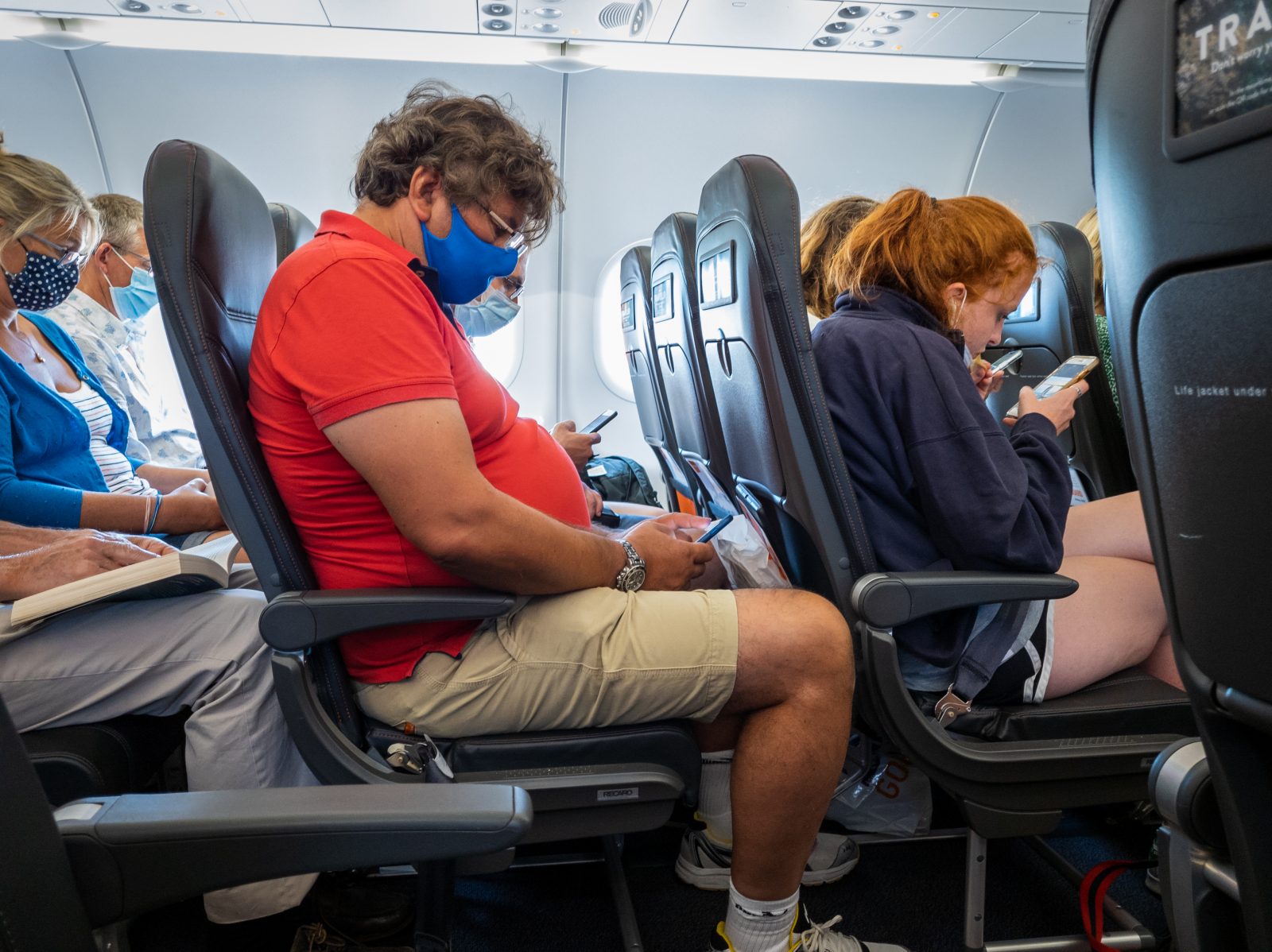
The World Health Organization (WHO) has told the over 60’s and clinically vulnerable people to delay travel indefinitely as scientists scramble to learn more about the Omicron COVID-19 variant – especially whether it could be both more transmissible than any other variant and potentially harness the ability to evade existing vaccines used to fight the virus.
The WHO issued the alert on Tuesday while at the same time doubling down on advice to governments to keep international borders open even in the face of the threat Omicron poses.
The Omicron variant was first detected in Botswana and South Africa last week but after raising the alarm, a slew of southern African countries found themselves being “punished” for alerting the world as international travel restrictions were quickly imposed against them.
On Tuesday, WHO Director Dr Tedros Adhanom Ghebreyesus once again thanked Botswana and South Africa “for detecting, sequencing and reporting this variant so rapidly.”
“It is deeply concerning to me that those countries are now being penalized by others for doing the right thing,” Dr Ghebreyesus continued.
“I well understand the concern of all countries to protect their citizens against a variant that we don’t yet fully understand. But I am equally concerned that several Member States are introducing blunt, blanket measures that are not evidence-based or effective on their own, and which will only worsen inequities.”
Current evidence suggests the Omicron variant was present in a number of countries as long as two weeks before it was detected in southern Africa. Recently detected Omicron cases in several countries including the UK and Belgium had no recent travel history to southern Africa.
“The global response must be calm, coordinated and coherent,” Dr Ghebreyesus said. “We call on all Member States to take rational, proportional risk-reduction measures, in keeping with the International Health Regulations.”
Travel restrictions have worked in the past when coupled with lockdowns, mass testing and contact tracing to effectively eliminate community transmission altogether in pursuit of’ zero COVID’.
Once ‘Zero COVID’ countries like Australia and New Zealand have had to abandon this strategy after Delta variant outbreaks that proved just too transmissable.
Willie Walsh, director general of the International Air Transport Association (IATA) reacted with dismay to the latest travel restrictions calling them “knee-jerk, uncoordinated, Pavlovian-like responses”.
But with little still known about the Omicron variant, the WHO is now asking older adults and vulnerable people to put off travel until more is known. So far, detected cases outside of Africa have been mild but the variant may cause more severe illness in the elderly and vulnerable.
Like other travel restrictions, the airline industry will be hoping that this advice is rescinded as soon as possible.
Mateusz Maszczynski honed his skills as an international flight attendant at the most prominent airline in the Middle East and has been flying ever since... most recently for a well known European airline. Matt is passionate about the aviation industry and has become an expert in passenger experience and human-centric stories. Always keeping an ear close to the ground, Matt's industry insights, analysis and news coverage is frequently relied upon by some of the biggest names in journalism.







